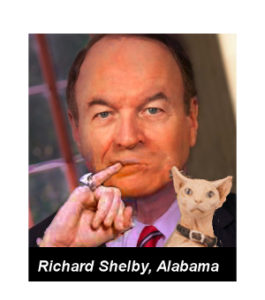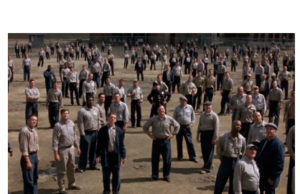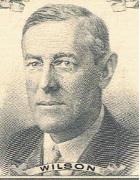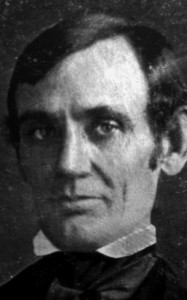Let’s talk about geoengineering
My teenage son told me, a few years ago, that his future was dark. He’d seen predictions of what climate change will bring in 15, 20 years time. Flooding, forced migration, spreading disease, biological exterminations. Depressing. A child makes you focus. I realized that societies, democratic or autocratic, will topple...



